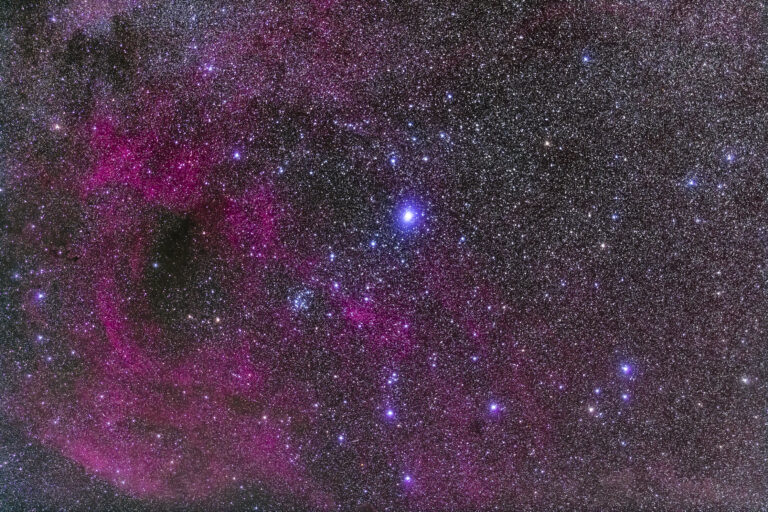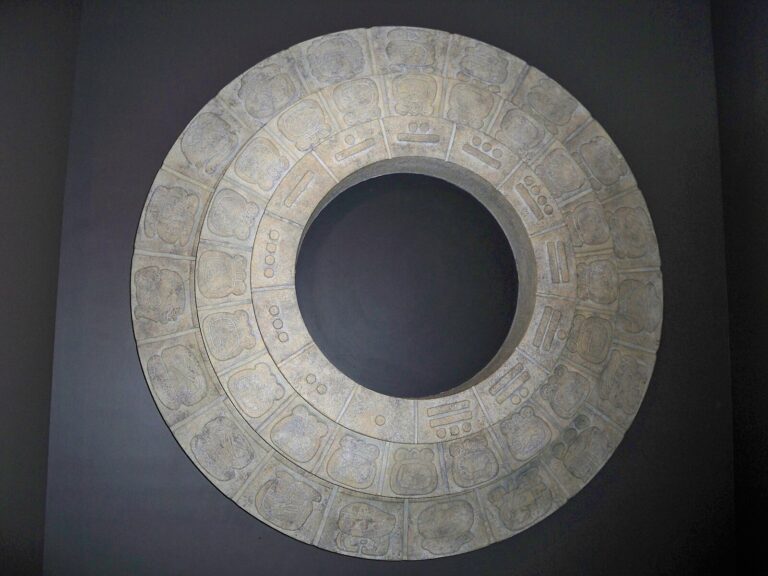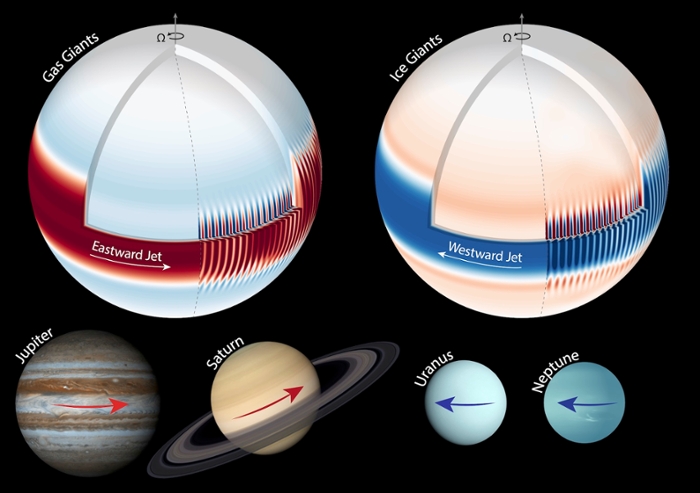Key Takeaways:
Our galaxy is a dirty, rotten thief.
Eleven stars at the edge of the galaxy, roughly 300,000 light years from Earth, seem to have come from elsewhere. What’s more, Marion Dierickx and Avi Loeb of the Harvard-Smithsonian Center for Astrophysics, believe they know the victim of the robbery: the Sagittarius Galaxy.
The stars are far outside the main grouping of stars in the galactic disk. What’s more, the crime trail may stretch out as long as a million light years. Loeb ran a simulation of an ancient encounter between the Milky Way and Sagittarius, a dwarf galaxy in orbit around the Milky Way. Five stars matched up the velocity and inclination of this encounter, while the other six may have come from other dwarf galaxies.
The encounter was dramatic for the Sagittarrius galaxy: it lost a third of its stars and 90 percent of its dark matter. The Sloan Digital Sky Survey and the Large Synoptic Survey Telescope may be able to find other stars associated with this event.
The research was published in the Astrophysical Journal. A pre-print is available here.










